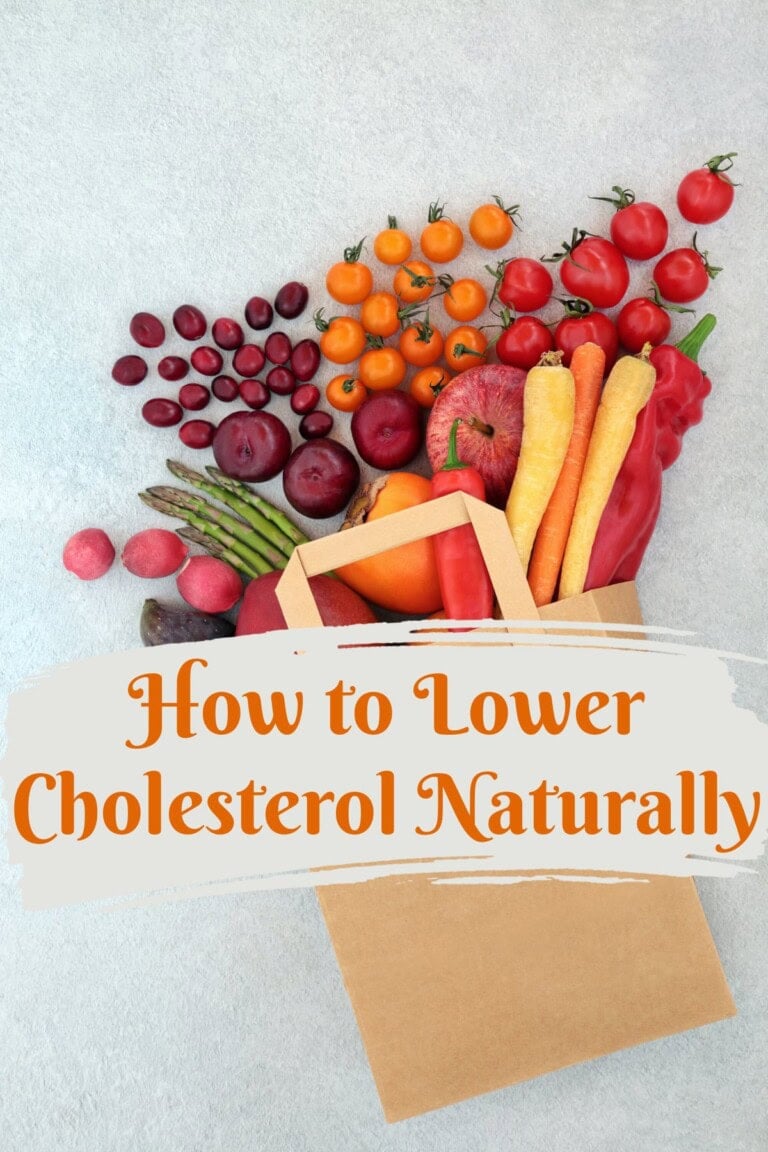Best Fruits for Backpacking
Best fruits for backpacking:
Going on a backpacking trip? You will definitely need to think about nutritious foods to keep your energy up. Check out some of the best fruits for backpacking ahead!
Everyone travels for different reasons. Traveling is a way of life for a lot of individuals, whether it be for business or pleasure.
However, maintaining a healthy diet (like easting fruits) while camping or traveling is a genuine challenge. The great news is that you may continue to eat fruits when traveling to keep balance and lower stress, regardless of whether you are going on a business trip, vacation, or outside of the nation.
Perhaps the first thing that comes to mind when you consider eating while traveling is fast food. However, eating meals that will make you feel drained, bloated, and exhausted simply because you are traveling will not mean you have to.
Your free time will benefit if you eat fruits. As travelers are aware, eating well and drinking a lot of water maintains your energy levels, fuels your muscles, and speeds up your energy levels. Here are some best fruits for backpacking:
Apples
Apples are among the fruits with the best shelf life; they can last for weeks. Additionally, their skin can function as a tiny toothbrush.
However, they are definitely a little bit easier to bruise. If they are positioned carefully, they should be okay.
They’ll also provide you with a reviving energy boost while soothing your thirst. Apples contain about 4 grams of soluble and insoluble fiber per fruit, or 14 percent of the RDA.
Pectin, a potent source of soluble fiber that sucks water from your digestive system and forms a gel to aid in slowing digestion, is one of these fibers. Pectins may also lower bad cholesterol and lower the risk of cardiovascular diseases.
Apples are regarded as one of the best foods for reducing inflammation, and studies have proven that their polyphenol content helps to do so.
Oranges
Despite being nearly 80% water and so weighty, an orange’s thick skin makes it able to withstand blows. After a few days in the woods, their fresh juice can be bliss.
Oranges are among the most famous fruits in the world and are known to provide several health benefits. They can be consumed both as a snack and as a key element in many recipes.
Orange juice is now a staple of a balanced breakfast in traveling, encouraging a pretty good start to the day.
They primarily fall into the sweet and bitter categories, with the former being the kind that is most frequently ingested. An orange should typically have skin with a fine surface and be firm and weighty for its shape.
Cherries
Cherries are not just a beloved summertime treat, but they also carry a powerful nutritional punch for such a small fruit.
Regardless of where they are grown, cherries are picked in the summer even though they are accessible all year.
While you might only be aware of one kind of cherry, there are multiple varieties that all have remarkable health advantages.
It’s crucial to remember that cherry juice and dried cherries, frequently include added sugar, so look for unsweetened kinds if you want to include this antioxidant-rich fruit more frequently in the diet. Fresh and dried cherries also often have many health benefits.
Lemons
Lemons are a well-liked fruit for camping, and people use them sparingly to enhance the cuisine. However, due to the strong, sour flavor and aroma, they hardly ever consume on their own.
A lack of vitamin C might cause health issues because it is crucial for good health. Because scurvy, a potentially fatal ailment that was frequent among sailors, was well known to the early explorers, they carried lemons on their lengthy travels to help avoid or treat it.
Lemons are a great source of vitamin C and antioxidant flavonoids. Antioxidants aid in the body’s removal of free radicals that can harm cells. These vitamins and minerals can improve health and wellbeing while preventing diseases.
Pears
Pears are a mellow, sweet fruit that is ideal for backcountry travel. They are abundant in dietary fiber, and important antioxidants.
Pears are a useful source for controlling any heart disease because they include fiber. Bile acid clearance lowers cholesterol levels, which helps to keep both in a healthy range.
Potassium is another excellent component of pears. It brings down blood pressure, eases pressure on the heart as a whole, and makes clot formation challenging.
Pears include antioxidants, vitamin C, and copper that help to boost the human immune response and get it ready to fight off many illnesses. Additionally, vitamin C enhances the function of white blood cells and guards against sickness.
Conclusion
A note to keep in mind: Fruit should never be kept in plastic bags. Gases created by ripening fruit that is enclosed will increase deterioration.
Therefore, food should be kept in paper bags. For example, apples and oranges should be packed in craft paper and placed in the center of the backpack, away from the edges, if you’re backpacking.
Other related health articles:
- How To Avoid Processed Foods?
- Eating Healthy On A Budget
- Benefits of Nature
- Are Cashews Good For You?
- Tips For Better Mental Health
If you enjoyed this post about the Best Fruits for Backpacking and would love to see more, join me on Youtube, Instagram, Facebook & Twitter!
Get discounted copies of my cookbook here.
Fortunately, because of the ads on our website, readers and subscribers of Healthier Steps are sponsoring many underprivileged families.












I love this post